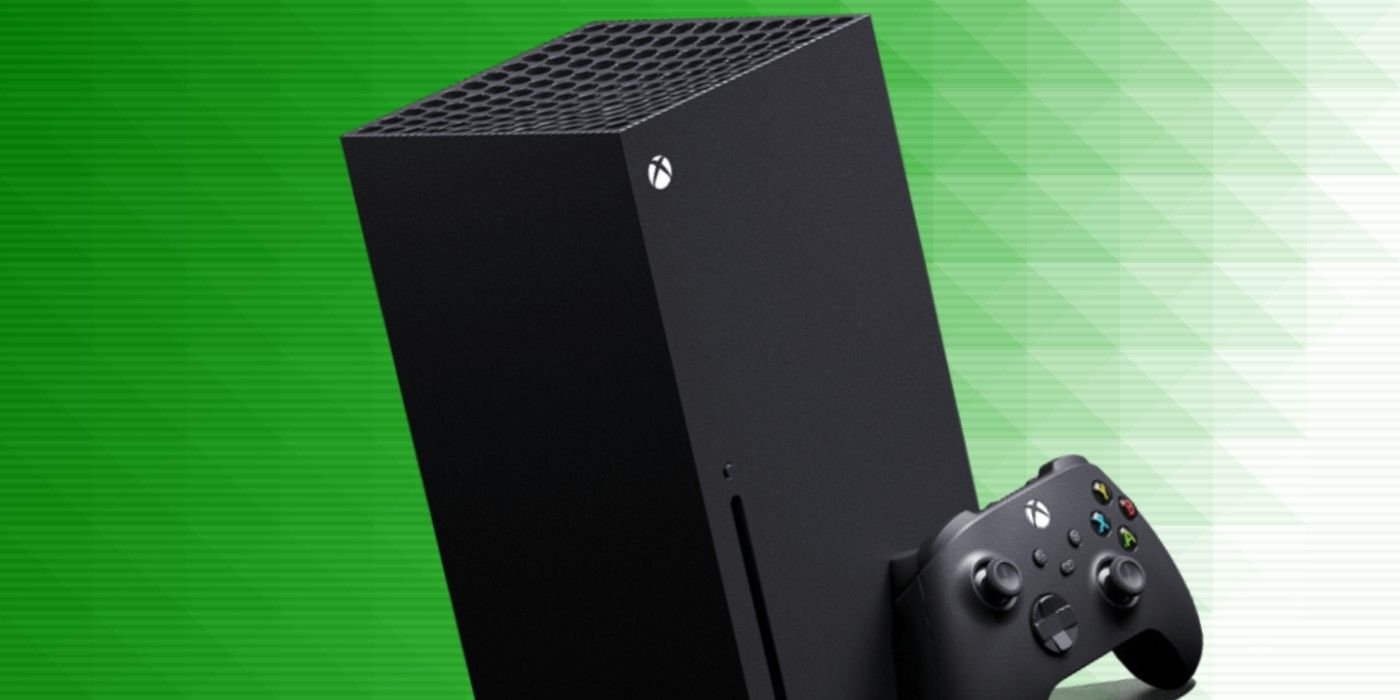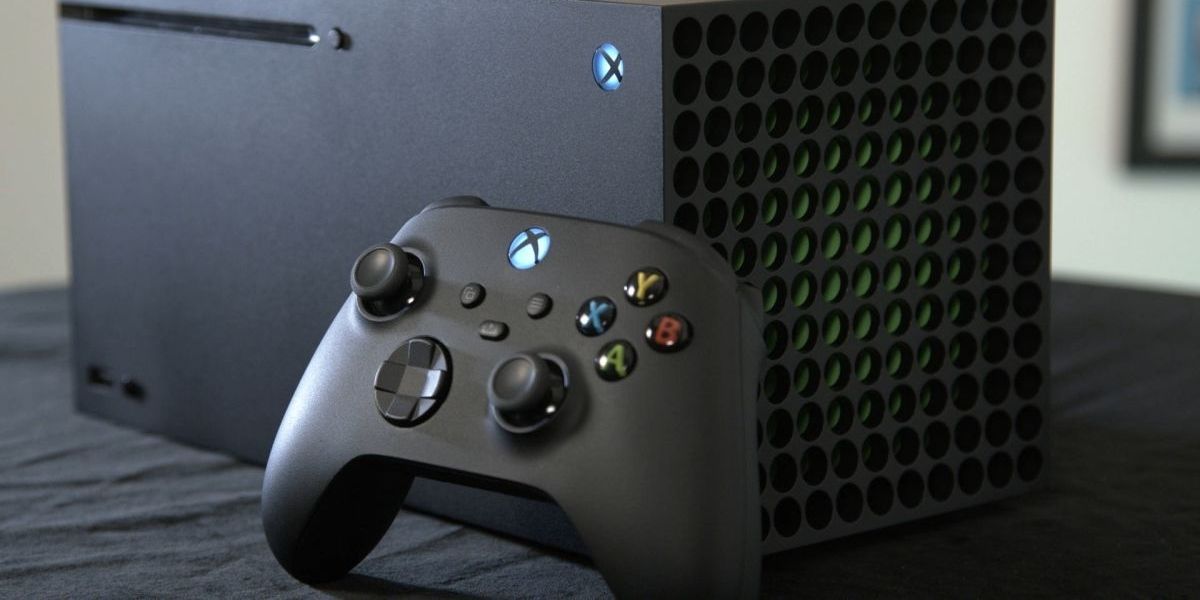The Xbox Series X is the latest rendition of Microsoft's Xbox consoles. Having released in November of last year, the console has been selling pretty well lately and is expected to continue to do so moving on in 2021. However, the inherent shortages may have persuaded many fans to choose to build a competent PC this generation.
While the debate regarding whether an Xbox Series X console can provide a better gaming experience than a well-built gaming PC or vice-versa has been done multiple times, the answer is never so simple. Every machine has its own pros and cons, and personal needs are what ultimately drive the purchase of either. That being said, it would be interesting to see just how much of a beefy system would gamers require if they want to have an experience on par with Microsoft's latest and greatest in console gaming.
Building A High-End Gaming PC Comparable To The Xbox Series X
The Xbox Series X's architecture is largely the same as a modern gaming PC, but there are some notable differences here and there that cannot be ignored. The console's CPU is a custom Zen 2 chip that can run at either 3.8 GHz when SMT(Simultaneous Multi-Threading) isn't active, or at 3.6 GHz when utilizing that feature. The GPU is also a custom RDNA2 chip with 52 Compute Units(CU), each running at a 1.825 GHz clock speed.
In addition to this, the GPU also comes with ray-tracing capabilities and can utilize 10 GB of the Xbox Series X's total memory pool of 16GB of GDRR6 RAM. The GPU's 10 GB of memory runs at 560GB/s, while the remaining 6 GB gets shared between the OS and the games and runs at a lower 336 GB/s. The Xbox Series X comes with a 1 TB custom SSD that can deliver speeds up to 4.8 GB/s.
AMD's Ryzen 7 3700X is a great choice for a comparable experience, as this chip also comes with 8 Zen 2 cores, which totals up to 16 logical cores with hyper-threading. Each core can reach a boost clock of up to 4.4 GHz, given that the situation calls for it. Since there aren't many options for an RDNA2 GPU, AMD's RX 6800XT is the only option on the table for now. This chip has 72 CUs running at speeds up to 2250 MHz along with 16 GB of GDDR6 memory, capable of reaching bandwidth speeds of 512 GB/s.
Unlike the Xbox Series X, a gaming PC must be equipped with at least 16 GB of memory to run the latest games at higher resolutions without stutters. Housing these components would require a decently feature-rich motherboard, such as the Asus TUF Gaming X570-Plus. Gamers will also require a case of their choice, as well as an 80+ certified power supply such as the Cooler Master 750W. Since the Xbox Velocity Architecture makes sure that the console's SSD is tightly coupled with the other components, a standard SSD cannot match the speed or efficiency of its console counterpart, at least for now. A PCIe 4.0 SSD with 1 TB of storage, such as a Samsung 980 Pro, is the closest that PC gamers can get for now.
Building this proposed PC comes with its own unique set of challenges, as GPU shortages continue going forward in 2021. This rig can cost up to more than 3 times the price of an Xbox Series X, totaling around $1600. The money spent isn't a waste, however, since the PC is sure to pump better framerates than the console in most titles. Of course, neither one of the machines is definitively better than the other. Fans are advised to take into consideration all the pros and cons of investing in either of these machines.


